There's a saying about not judging a book by its cover, but that logic can also apply to a game by its graphics, cover art, or presentation. Design, delivery, and display can be a purposefully misleading tactic to conceal a deeper and more intricate game behind a mask of simplicity.
There are tons of consuming Switch titles that commit to this charade of complexity, but that's not necessarily a bad thing. If anything, it makes for a pleasant surprise once gamers discover the complicated workings of a seemingly basic video game. Simply put, things are not always what they seem.
10 Trine Series
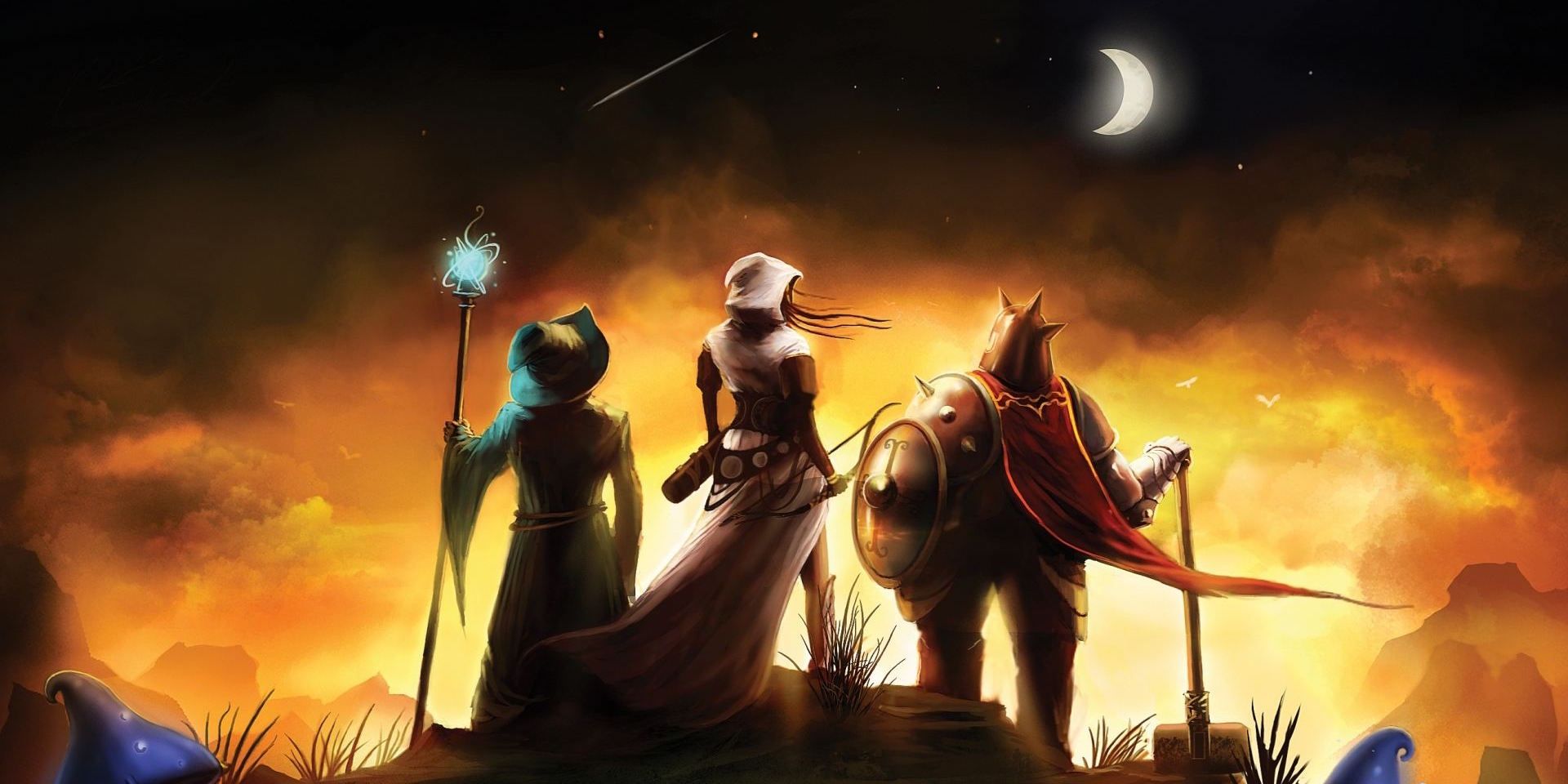
Taken at its core mechanics, the Trine series is a collection of puzzle-solving platforms with classic fantasy and RPG elements. So far, nothing too complicated or incredibly complex. But that's only if casual gamers are looking at the gameplay alone. Getting the party of adventurers from A to B is only part of the equation.
Truly observant players will note that there is an enchanting fairytale land thriving in the backgrounds and settings of these levels. The design is positively gorgeous, dripping with color, and full of life that begs to be viewed. Everything feels like it's thriving and interacting with the action in the foreground, clearly alluding that there's more to this world than the main plot.
9 Hollow Knight
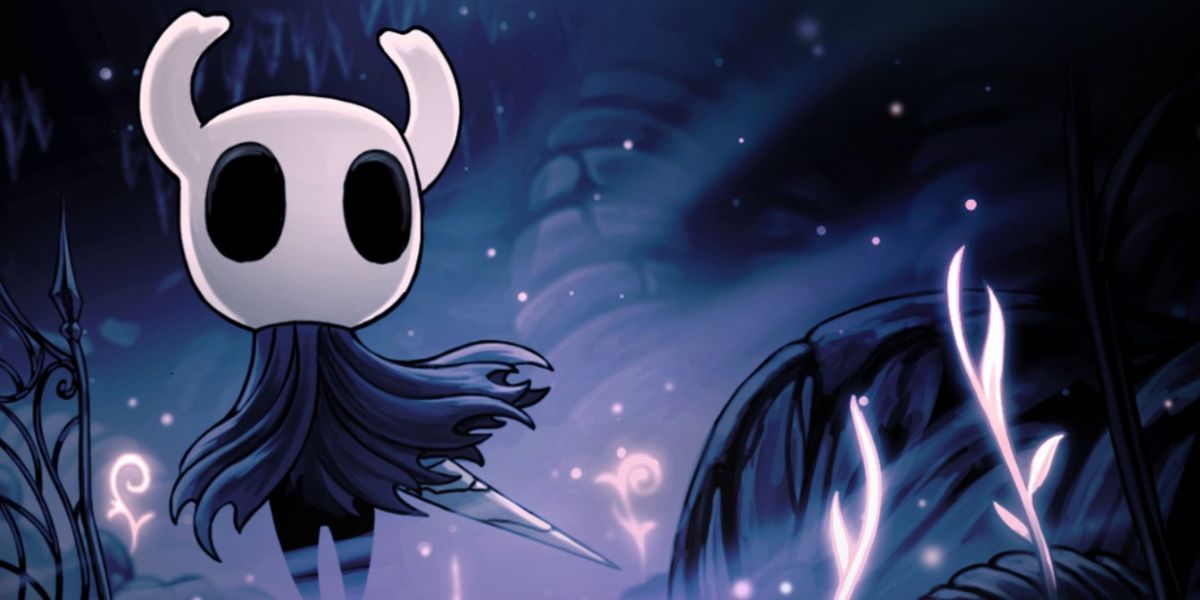
Hollow Knight earns an honorable mention due to the sense that the game's true intricacy comes not from the incredible Metroidvania elements, but from the being of Hallownest itself. In a matter of showing-not-telling, the true depth of the game comes from its Tim-Burton-inspired world and how it interacts with the characters.
There's a reason Cornifer is so obsessed with charting and exploring the deep winding ways of Hallownest and its lore. A subterranean lake creating a rainy environment further beneath, a poisonous swamp with acidic springs, and a village of samurai praying mantises definitely have more going on than a host of cute-looking bugs will lead on.
8 Katana Zero
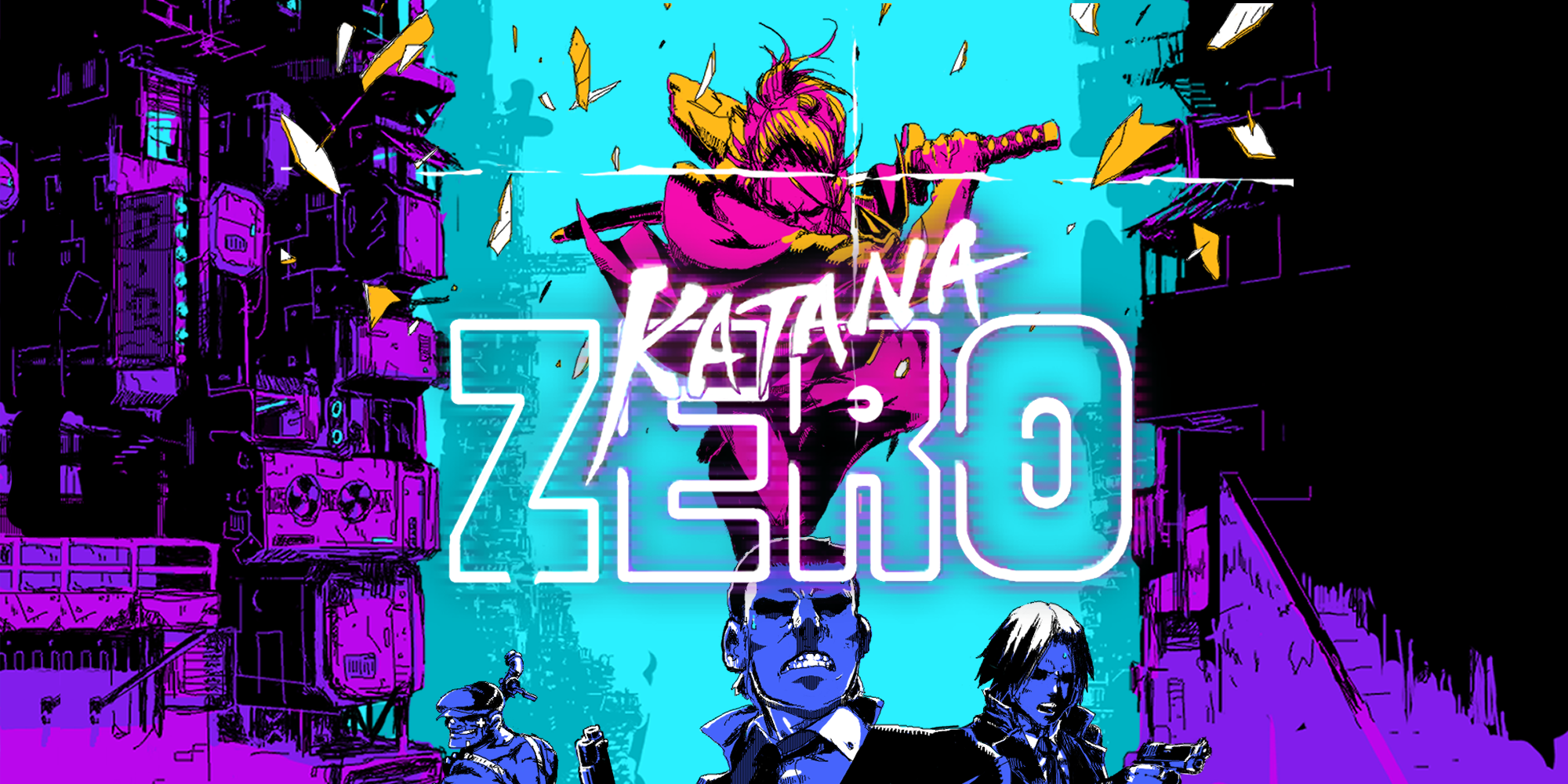
At face value, Katana Zero is what would happen if Hotline Miami went the hack-and-slash route instead of the top-down murder-simulator version fans know. Its addictive, repetitive, action-packed gameplay might suck players in with its arcadey nature, but there's a much darker story than any arcade game should have.
Katana Zero weaves a cyberpunk drama loaded with internal struggles, trauma, substance abuse, and an '80s synth soundtrack to tie it all together. Those who make the mistake of bolting through the dialogue options to complete the mission faster are robbing themselves of a gripping and grueling narrative.
7 Pac-Man 99
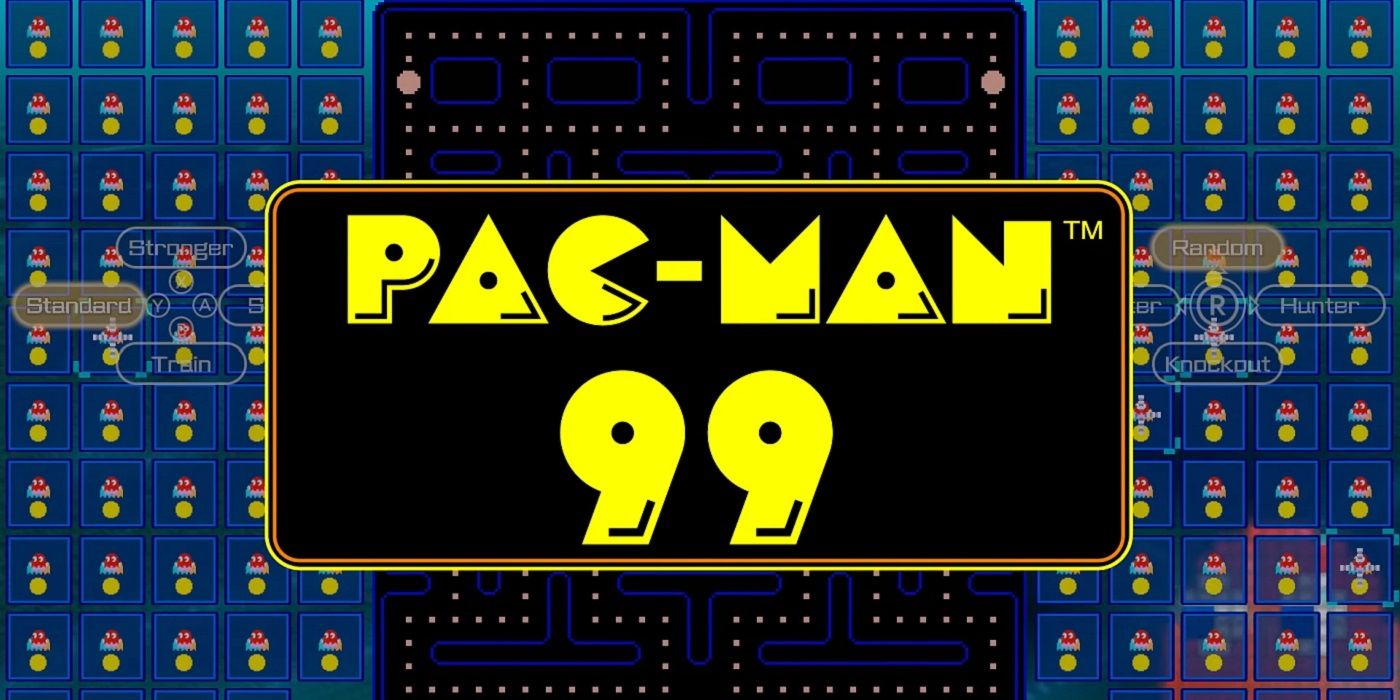
Pac-Man 99 might look like a battle-royale version of the arcade classic, which it is, but there's a great deal more to it than that. Unlike some games in its vein, this take on the ghost-munching madness takes a lot more strategy than it initially indicates. At the same time, it captures the hypnotic vibes of the original '80s game fans continuously enjoy.
If gamers want to make it to the top ten, it's not enough just to clear the boards and eat as many dots, ghosts, and fruit as possible. They have to think about how to shift the game's conditions in their favor by targeting players based on score and rank, among other factors. It's a superior upgrade from the quarter-operated model.
6 Stardew Valley

With games like the addictive Animal Crossing offering a plethora of life-sim activities, something like Stardew Valley might seem a touch underwhelming. But those who think this delightful 16-bit indie darling is just a retro-inspired farming simulator are wrong on so many levels.
Yes, farming is a big portion of the experience. It is how players accumulate materials and currency, but that's just one activity available in this charming world. Exploration and resource gathering play just as big of a role, as well as dungeon crawling, fishing, and crafting. For those looking for something with a little more structure than Minecraft, they can't go wrong with this game.
5 Archlion Saga
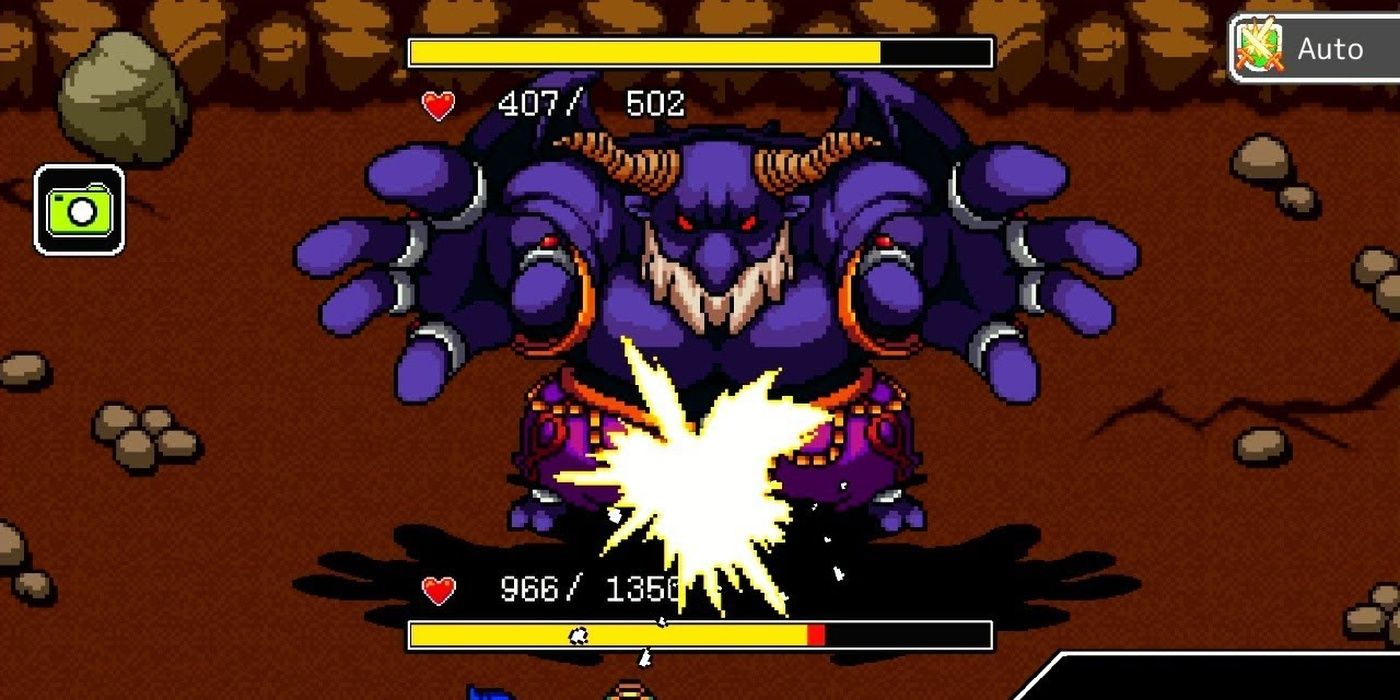
Archlion Saga is a very paint-by-numbers JRPG. Many fans of the genre might go as far as saying that this is perhaps an ideal springboard for anyone looking to dip their toes into the game style. From the design to the structure and the combat, it's all very standard-issue, even reminiscent of something on the SNES. But in the end, that's kind of the idea.
The game clearly takes inspiration from juggernauts such as Dragon Quest, Final Fantasy, and the Phantasy Star series to create a love letter to a long-lived genre. Fans of RPGs of any kind will note several Easter eggs, references, and design choices that offer a solid game as well as a healthy side of fanservice to go along with it.
4 Hammerwatch
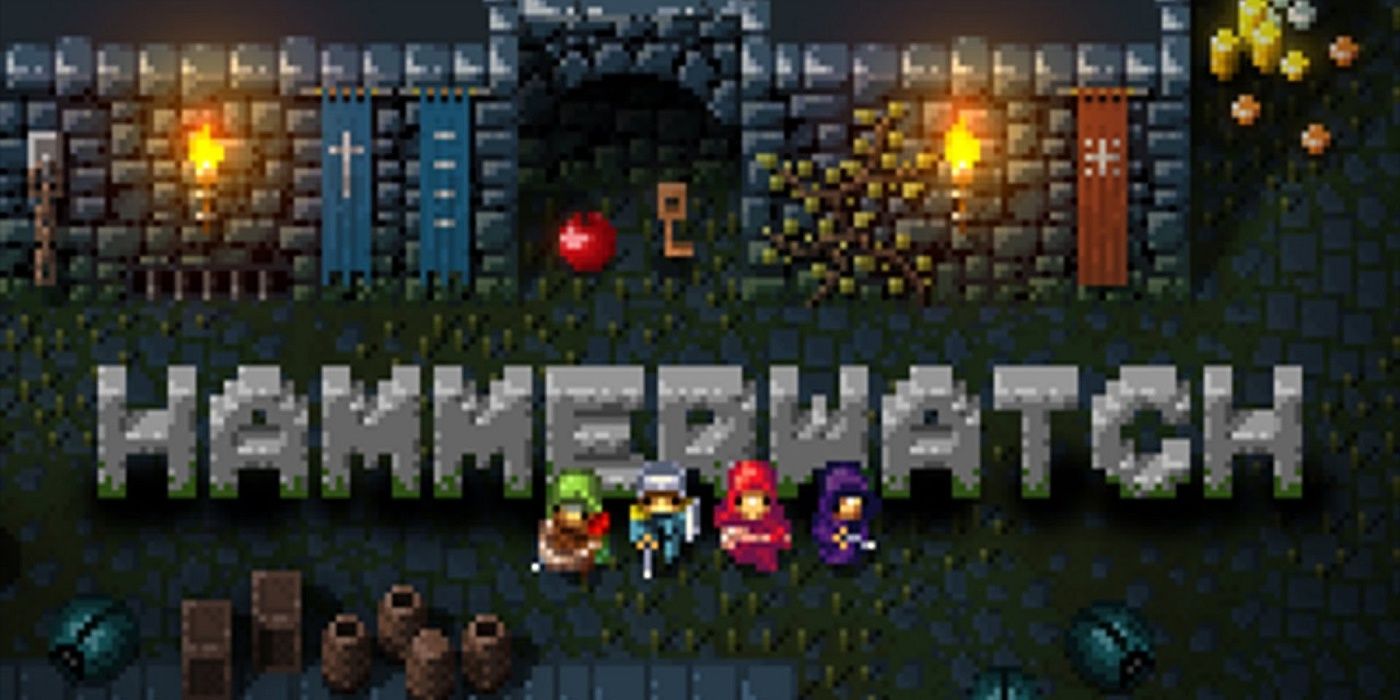
Details might not be this game's strong suit, but what it lacks in definition it more than makes up for in sheer size, scale, and depth. Hammerwatch is a retro-inspired dungeon crawler that takes more from games like Gauntlet than other contemporaries like Diablo or Torchlight. While it doesn't look like anything groundbreaking, it offers deep dungeons and a pair of consuming campaigns that present more than a typical adventure.
It's so easy for players to get absolutely lost in the various levels of the worlds in these games. Pair that with the seven classes and multiple ways to play, it certainly provides more than its appearance would let on.
3 Golf Story
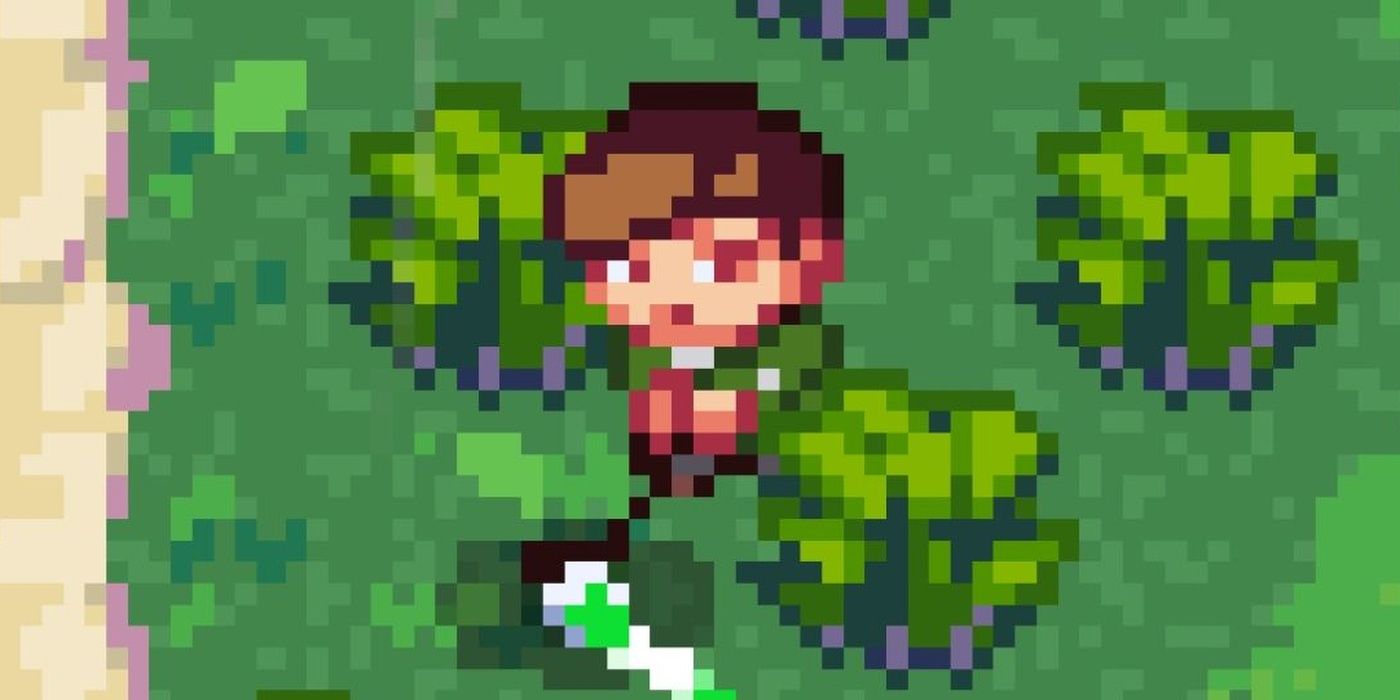
If there's one retro-styled indie game that truly fits the theme, it's Golf Story. On one hand, the game is exactly what the title might suggest, a cute virtual golf game where players can enjoy a relaxing outing on the green playing 18 holes. On the other, there's also a surprisingly story-heavy RPG packed into it as well.
Based on looks alone, the game looks like a standard-issue sports title that might have been released on the Gameboy. But it's the RPG that truly redefines it and establishes its identity. The player's journey to becoming the champion of the country club is exactly that, a journey. Full of plenty of character, charm, and witty writing, it offers way more than a golf game should.
2 Celeste
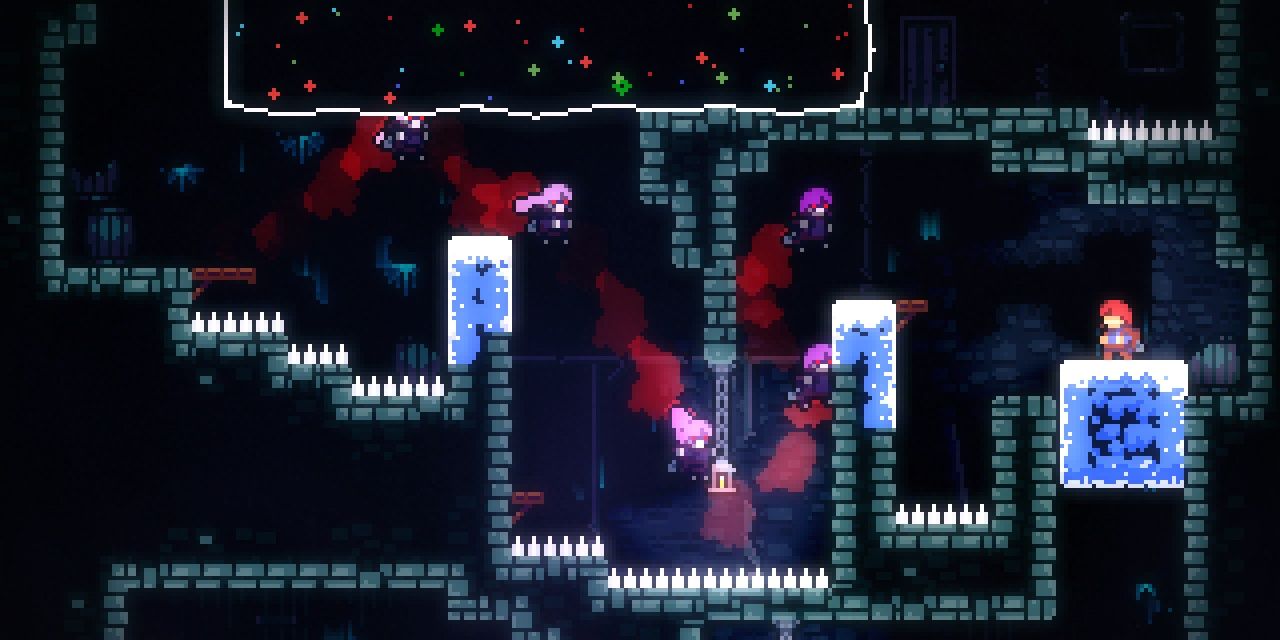
Celeste has definitely developed a bit of a reputation since it first debuted. Not only is it an impeccably delightful platformer with plenty of personality and challenges, but it also sports an emotionally gripping story concerning identity, mental health, and other abstracts that lie behind the 16-bit journey.
The gameplay and platforming elements alone are enough to satisfy most players, but the story and messages behind it all push it to a higher plane. The difficulty isn't just a learning curve, it's a reflection of a personal struggle felt by anyone who has ever been in Madaline's shoes.
1 Hyper Light Drifter
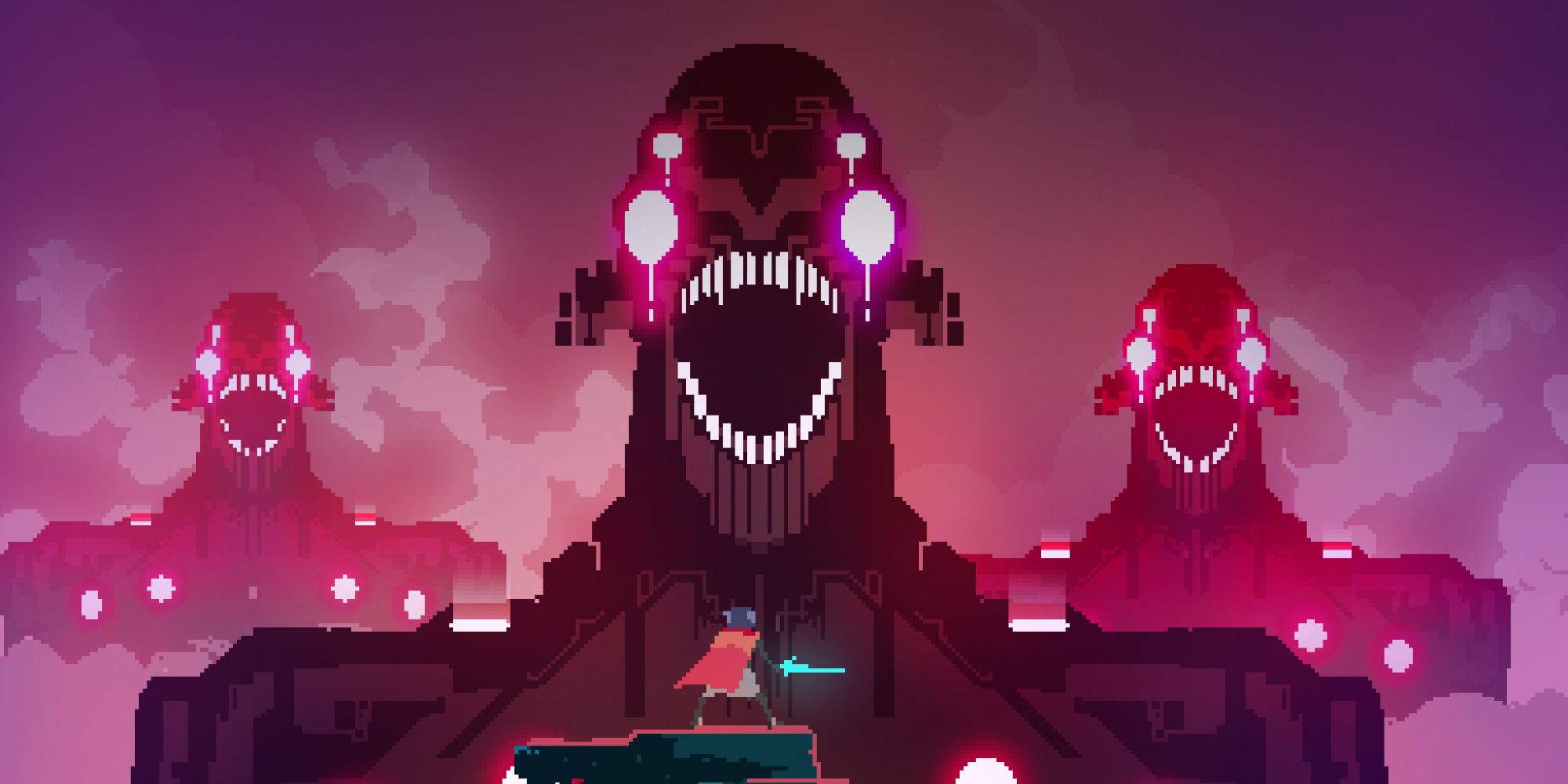
In Hyper Light Drifter, it's more about what's left unsaid rather than what's set in front of the player on their narrative. This 16-bit Zelda clone is a neon-dripping cyberpunk adventure through a post-apocalyptic planet that lets the environment and visuals do the talking, not the characters.
The set-in-stone story is really left up to interpretation, and only through the 16-bit visuals the player is given. There is some seriously heavy lore to this top-down action game, but no form of verbal or literary communication is there to better explain it. Players can theorize and speculate, but only the developer really knows for sure.
from ScreenRant - Feed https://ift.tt/3x3SF7O

0 Comments